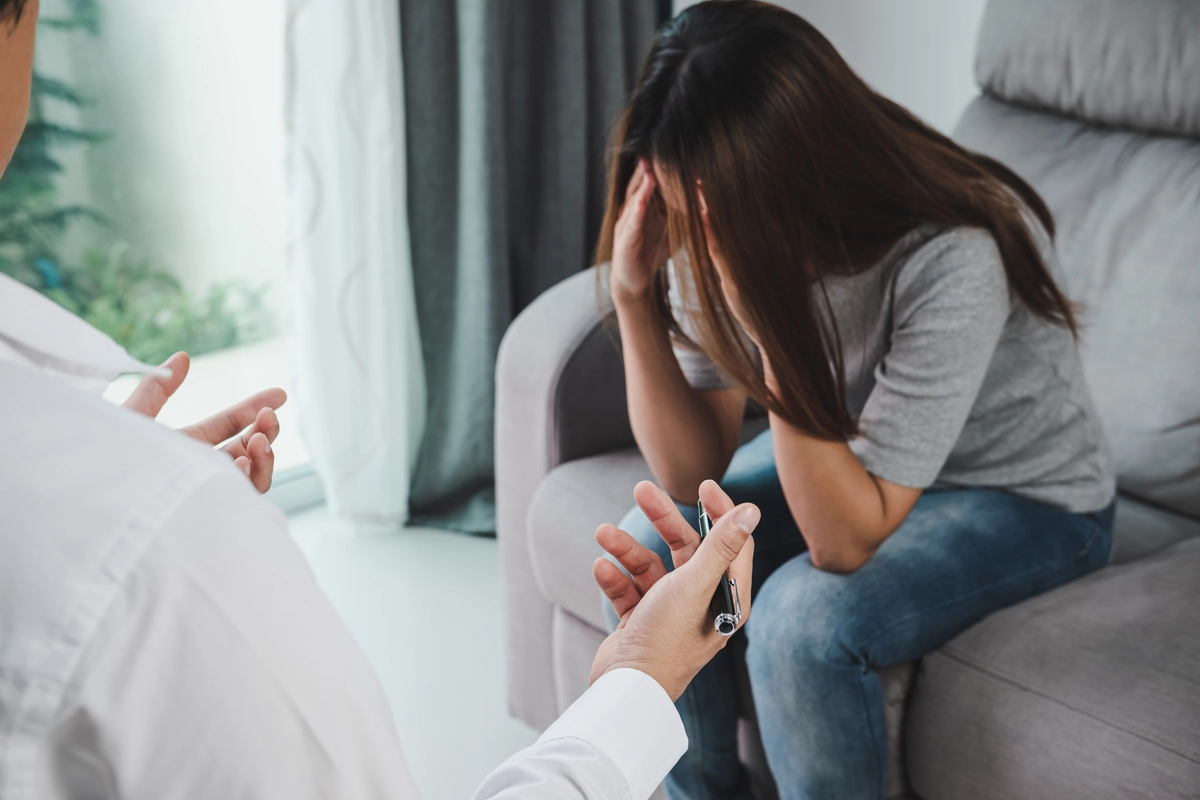24/7 Helpline:
(866) 899-221924/7 Helpline:
(866) 899-2219
Learn more about Bipolar Disorder Treatment centers in Hinds County

Other Insurance Options

Health Net

Medical Mutual of Ohio

GEHA

Providence

State Farm

Ambetter

Sliding scale payment assistance

Covered California

Anthem

Health Choice

Sutter

Carleon

Premera

CareFirst

CareSource

BlueShield

Optum

Absolute Total Care

Aetna

Highmark

Harbor House
Harbor House offers inpatient treatment for individuals with alcohol and/or substance addiction. The...
































































Daylight Ministries
Daylight Ministries is a counseling clinic located in Tougaloo, MS. Daylight Ministries specializes ...

Buried Treasures Home
Buried Treasures Home is a faith based drug and alcohol rehab for adult women in Byram, Mississippi....

Eastern Montana Mental Health – Terry
Eastern Montana Mental Health – Terry is a private rehab located in Terry, Montana. Eastern Montana ...






































































